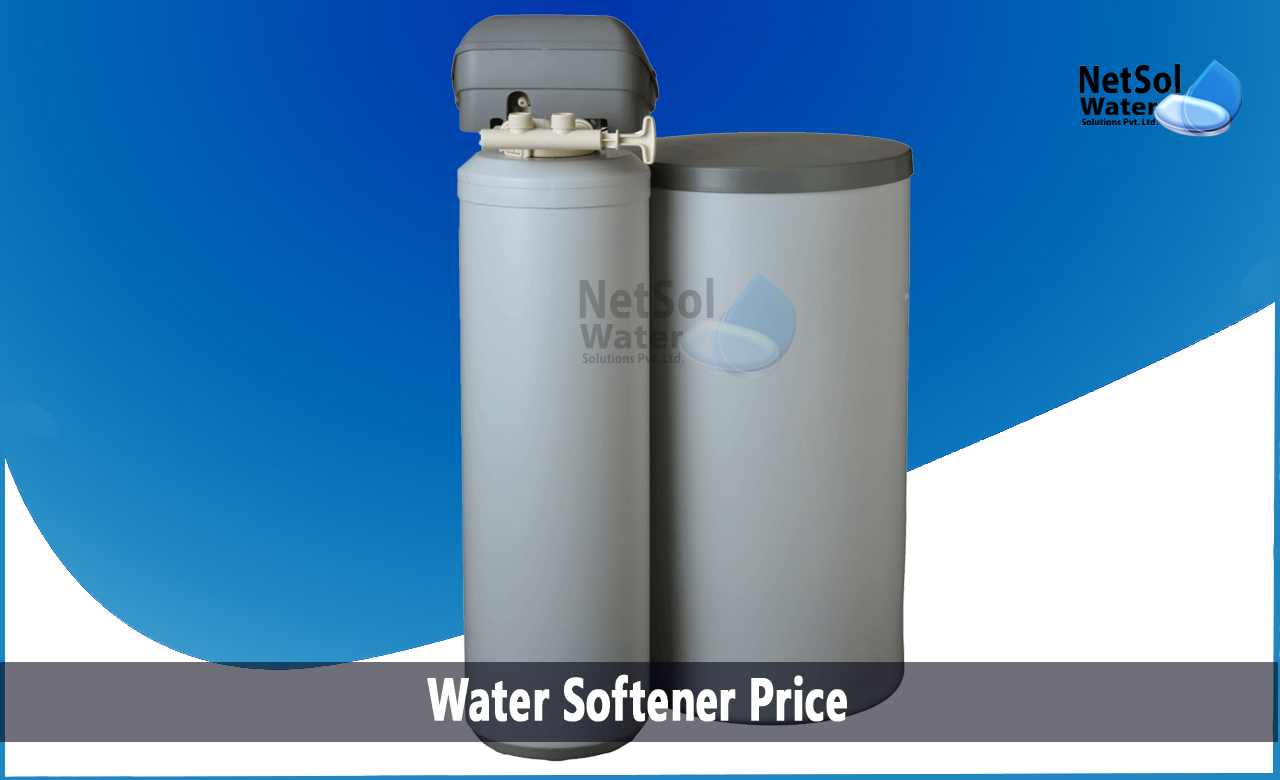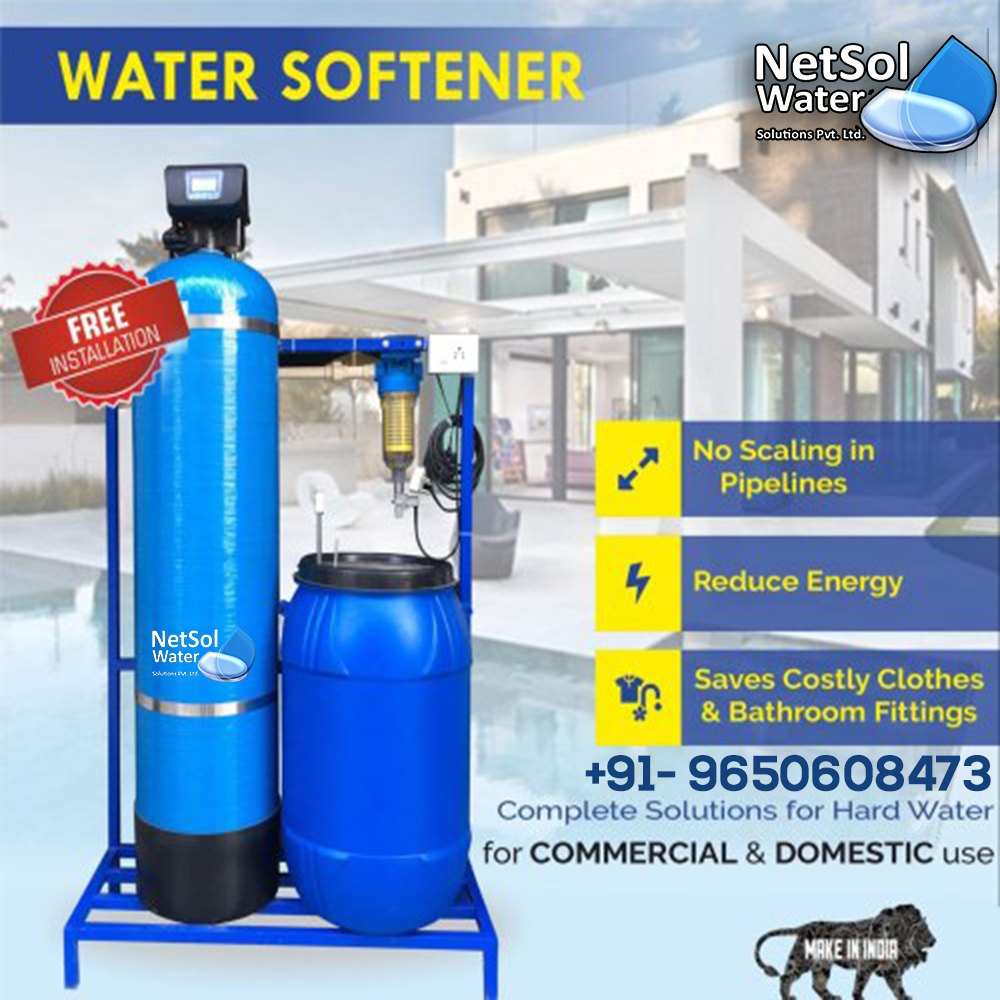You rarely think about the water in your house other than whether it's running and at the proper temperature. What you may not realize is that most household water is hard water, which means it contains minerals that create scummy residue and mineral deposits. These mineral deposits can choke pipes and limit water flow over time.
Water softener devices, fortunately, are a straightforward solution to hard water problems. These useful units can neutralize or remove heavy minerals from water. Water softeners are available in a variety of configurations, depending on the method of mineral removal and the amount of water that needs to be treated.
Role of water softeners
Commercial Water Softening Plants are designed to generate treated water for a wide range of uses. Treated water is of consistent quality with low residual hardness throughout the service cycle.
The resin is regenerated with Sodium Chloride solution after reaching the desired output, and the unit is ready to deliver the next batch. Water Softening Plant units come in a variety of styles. The resin capacity used for each model distinguishes these models. These units are easy to use and require minimal maintenance.
Operating principles of commercial water softening plants
To charge the water softeners, a high-capacity polystyrene bead cation exchange resin in sodium form is used. When hard water travels through this resin column, the hardening calcium and magnesium salts are exchanged with non-hardening sodium salts. This softening procedure is repeated until the material has been depleted of sodium salts, and is ready to be regenerated with a common salt solution.
Components of water softeners
The Water Softener units are designed with the cutting-edge co-current/counter-current principle in mind, ensuring consistent high-quality treated water. A water softening plant typically includes pre-filters, a Water Softener Vessel with Resin, a Brine Tank, and accessories.
FRP/LDPE/MS/MS Rubber Lined/Stainless Steel Water Softener Units are offered in a variety of materials. These Water Softeners are outfitted with Multiport Valves/Diaphragm Valves, and are built to last for years.
What is the Water Softener Price?
Installing a water softener typically costs between Rs. 5,000 and Rs. 8,000, depending on system size, kind, brand, and labour. Water softener prices range from 1 lakh to 2-3 lakhs on average.
Water softener systems, on the other hand, range in price from Rs. 1,000 to Rs. 1,500 per month to operate and refill salt, depending on the needs.
Water Softener System Advantages
· Saves Money
Hard water promotes mineral build-up in the water pipes. The mineral deposit restricts the region through which water can travel, necessitating high pump pressure. This also increases the amount of energy required to keep water hot or cold. Soft water does not include excessive calcium and magnesium, which cause build-up in your bathroom fixtures, saving you money on costly repairs.
· The Advantages of Water Softener for Your Skin
The minerals in hard water eliminate the natural oils from your skin, leaving it dry. Bathing in hard water can harm your skin because the minerals in it remove natural oils, causing it to become itchy and irritated. Soft water contains fewer minerals, making it easier for your skin to absorb and retain moisture.
Do you require a Water Softener?
Then you've come to the right place! Netsol Water is a prominent provider of Water Softeners for residential, commercial and industrial uses. Our service is available in the majority of Indian cities.
We will aid you in selecting the best system for your needs. We recommend the simplest water filter that meets your requirements. We create the most basic system list that fits your budget.




